Tillandsia Spotlight: T. Fasciculata
Commonly known as the “Giant Air Plant,” or “Cardinal Air Plant” the Tillandsia fasciculata is a large growing species that can be found in Florida, the West Indies, Mexico, Central, and South America.
T. fasciculata growing in the wild
Eric Hunt | CC BY-SA 3.0
In the wild, the T. fasciculata can be found growing naturally in oak hammocks, cypress swamps, and pine lands. They can usually be found growing on tree trunks in the rain forest in sunny spots. Unfortunately in the United States, this plant is in danger of “extirpation,” which means that it might become locally extinct in our geographic region (as opposed to world-wide) due to the effects of the Mexican bromeliad weevil.
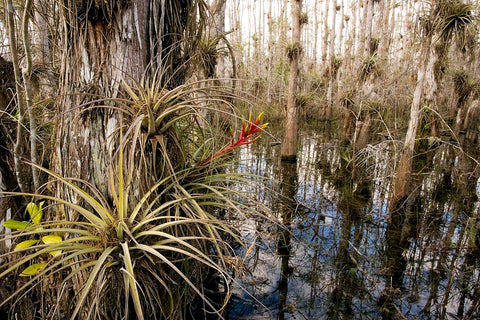
T. fasciculata air plants anchored to the trunks of trees in a swap in Florida
One special cultivar of T. fasciculata is one that comes from Tropiflora Nursery, south of us in Sarasota, FL. It is named the T. fasciculata Tropiflora and can grow to be quite large. It has a stunning long lasting inflorescence that can last for over a year. This is one of our favorite plants to grow and display due to its size and beautiful colors when in bloom, it makes quite the statement!
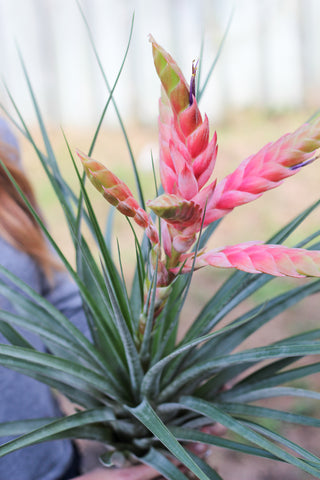
T. fasciculata Tropiflora air plant
The T. fasciculata prefers bright sunlight and frequent waterings. We recommend dunking or spraying these large plants instead of soaking. After you dunk or spray the plant, gently shake out any excess water from its leaves and allow to dry before putting it back where you were displaying it.
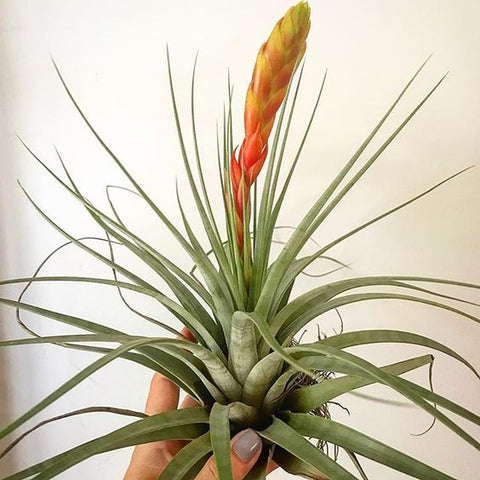
T. fasciculata in bud
These plants lend well to being mounted to a solid substrate such as a piece of driftwood or rock, that won’t retain water. You can either glue the roots of the plant to your surface with a strong adhesive such as E6000 glue, or you can use wire to anchor the plant to the base. We don’t recommend covering the base of the plant with rock, or moss as this can cause the plant to rot.
Have questions? Email us at info@airplantdesignstudio.com
Follow along on Instagram @airplantdesignstudio


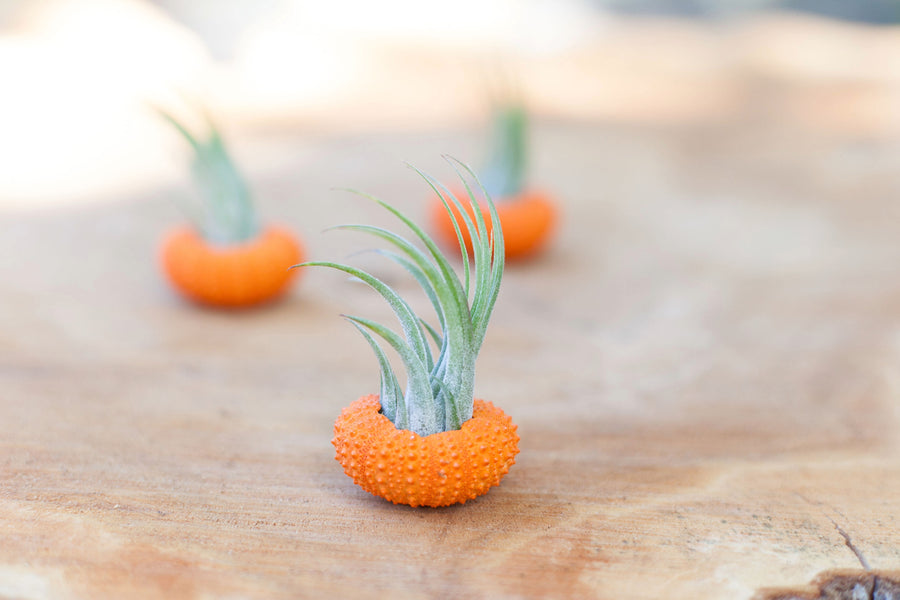
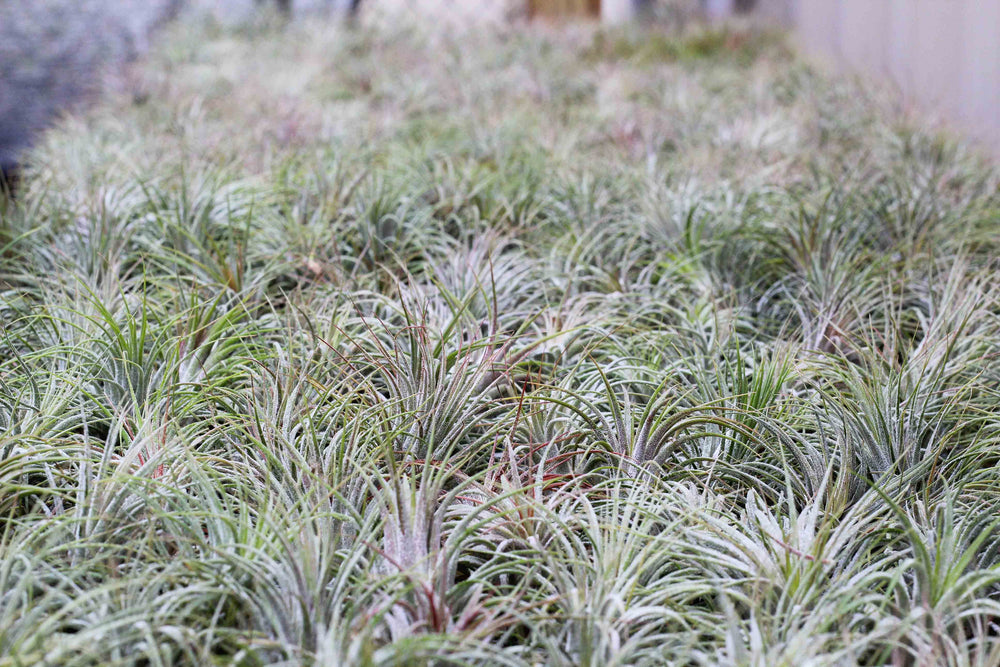
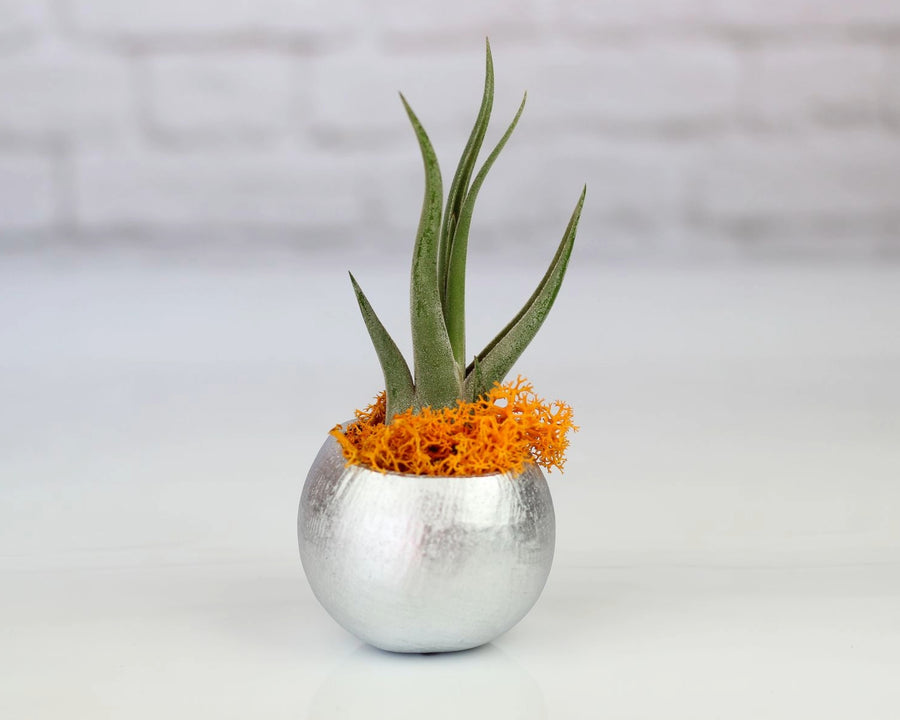
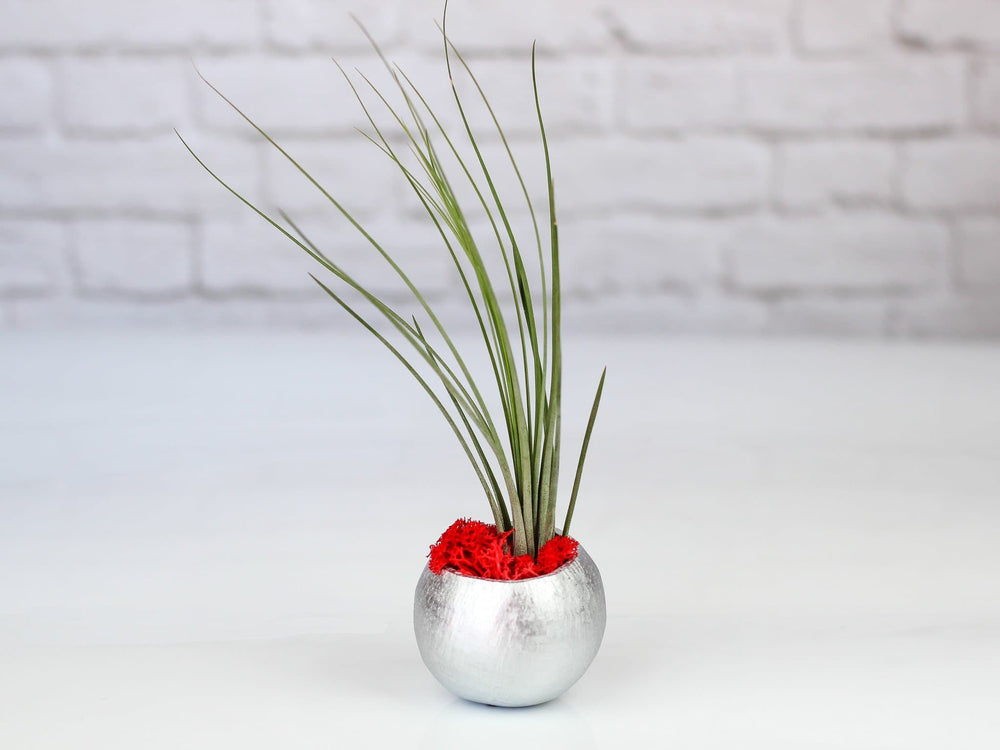
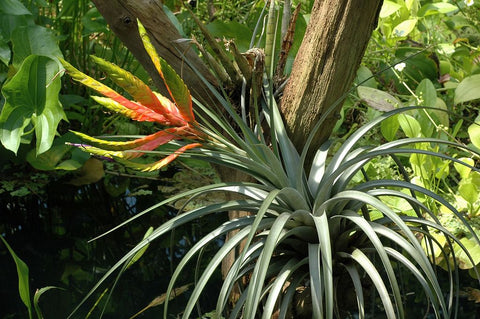
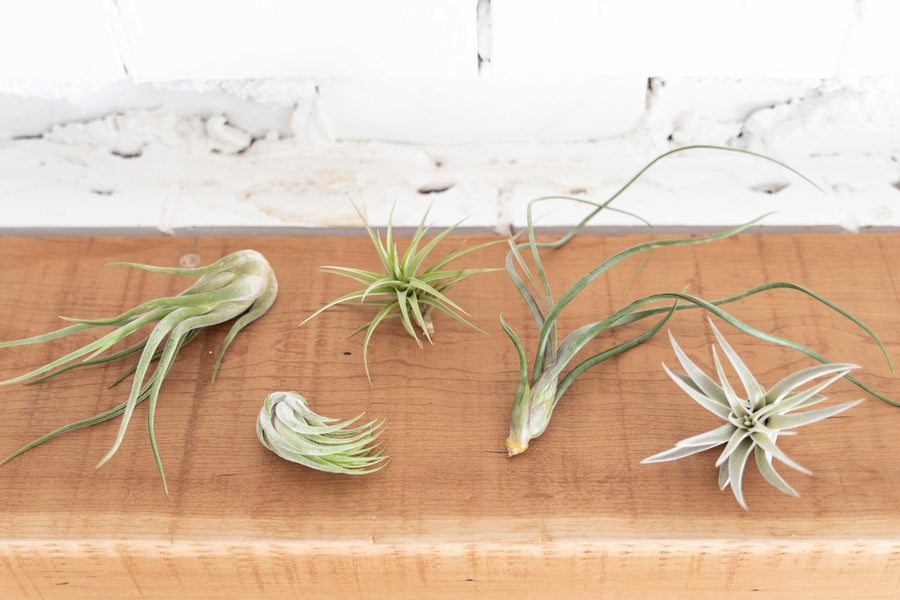
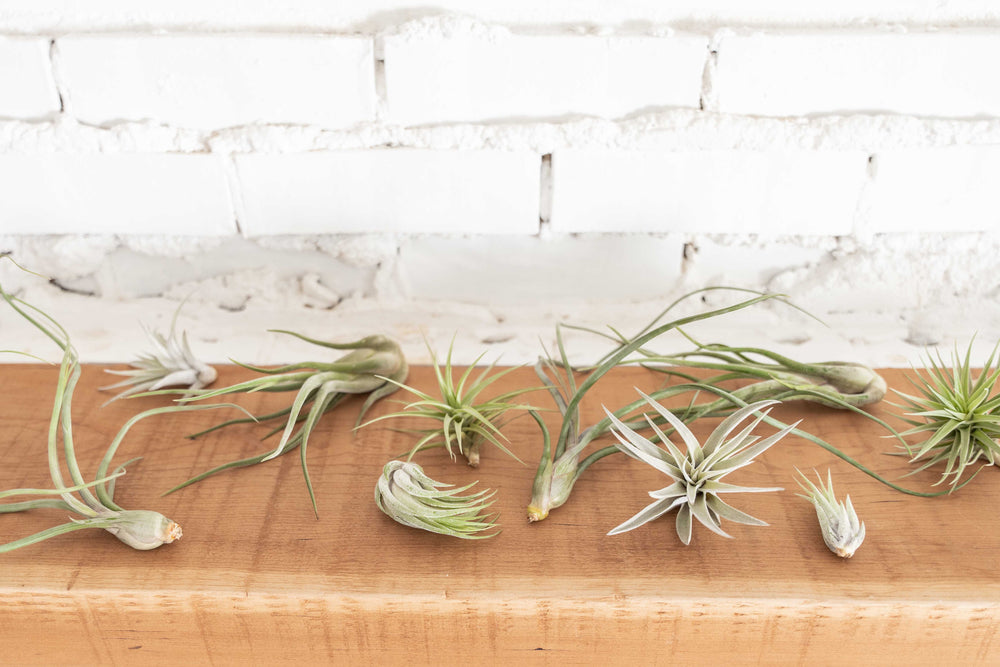
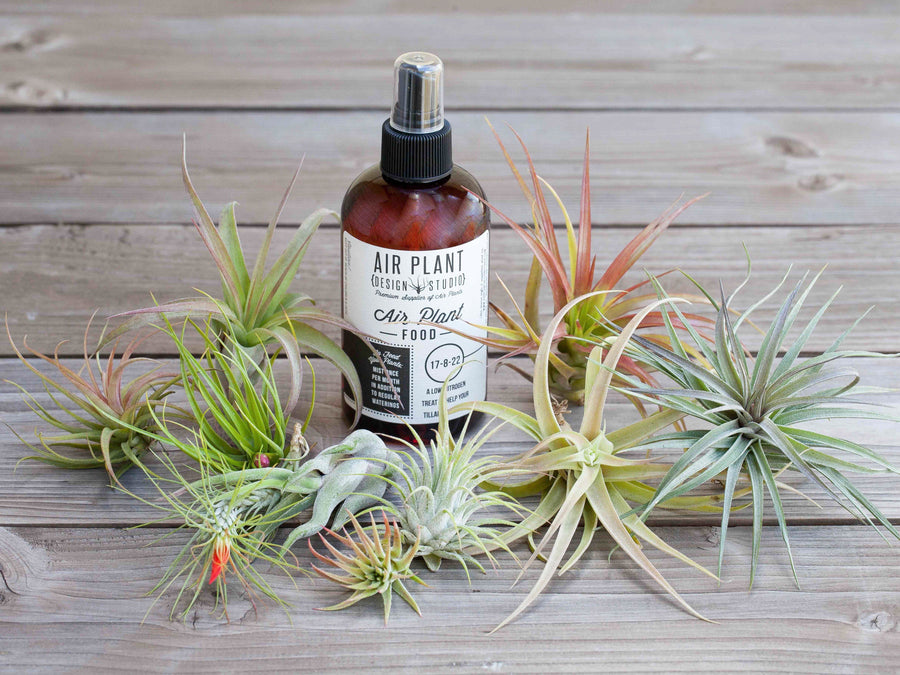
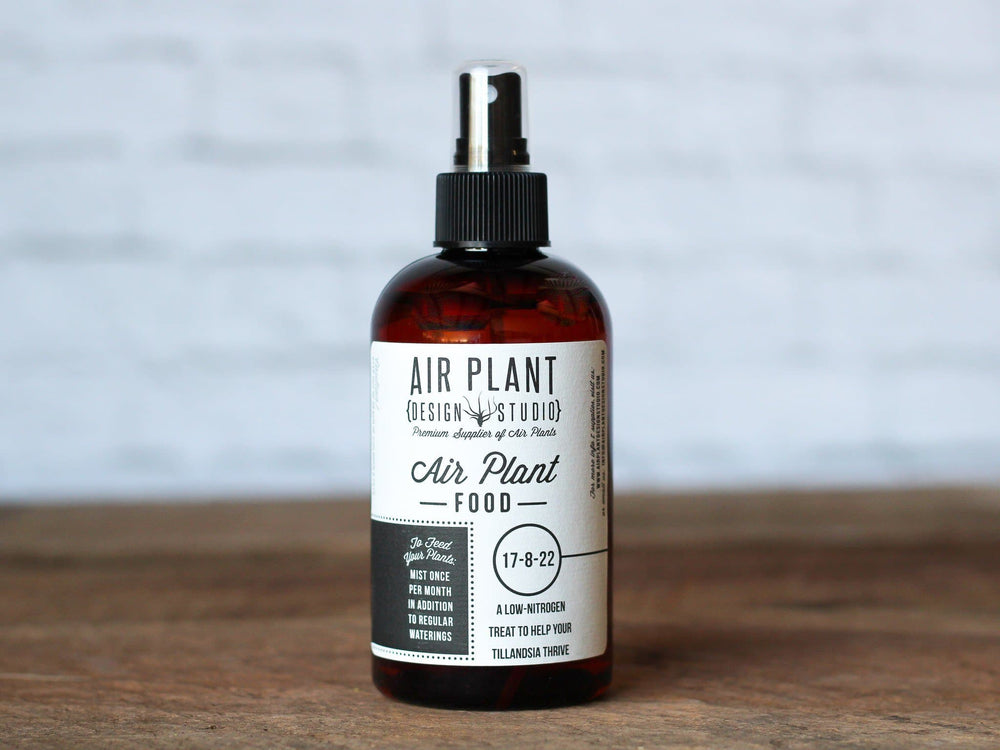
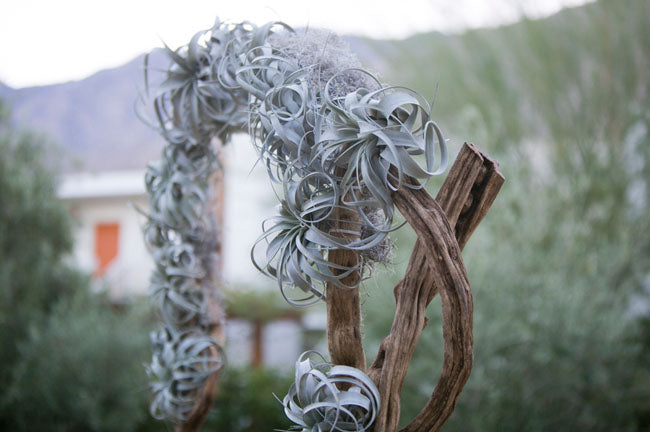
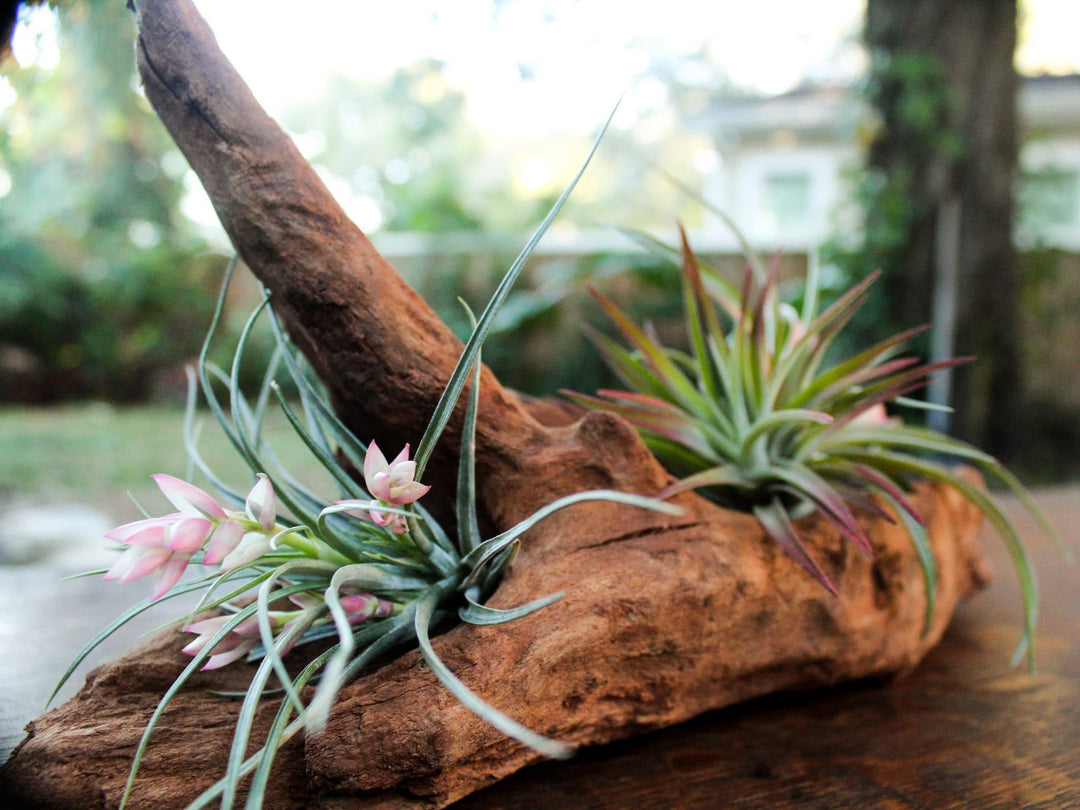
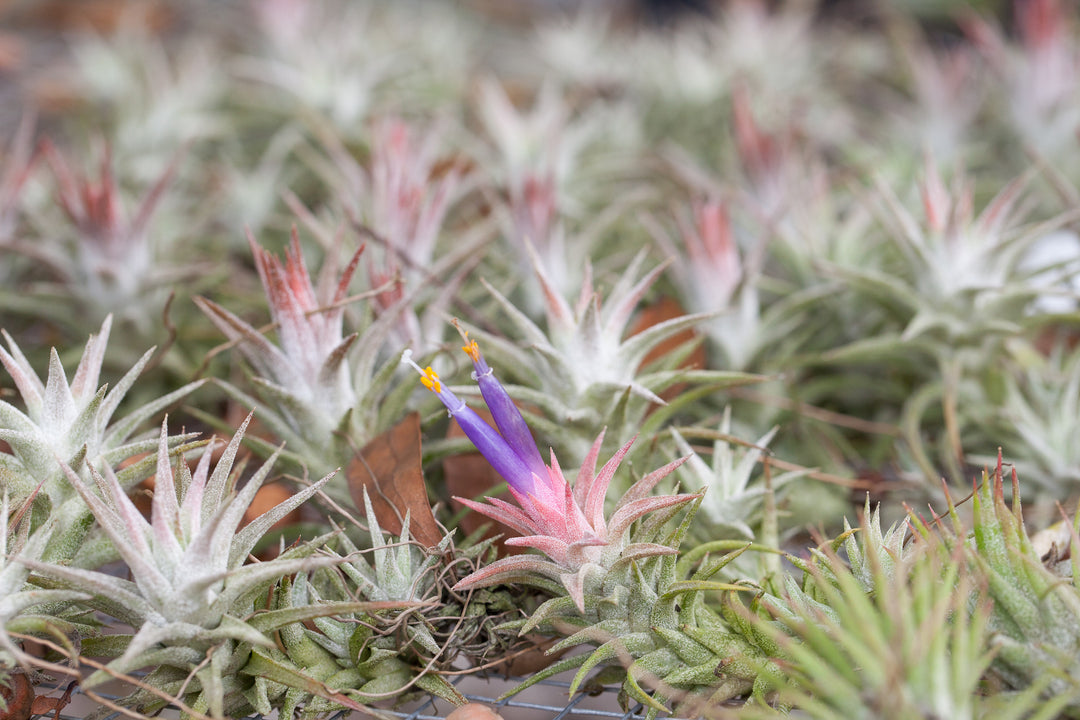
Leave a comment